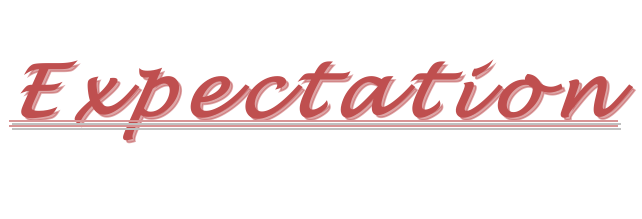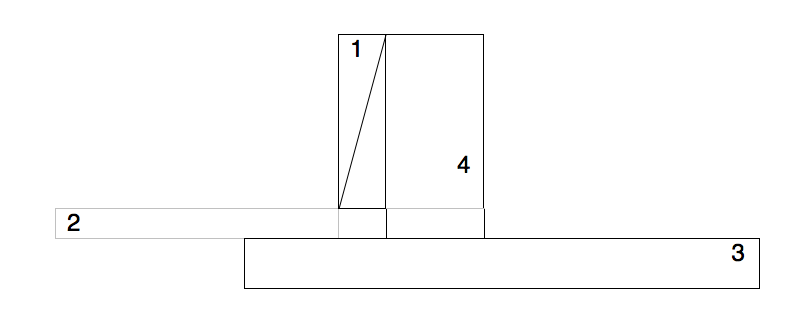
The quality of your music practice is directly related to the quality of your consciousness when practicing.
Put simply, the way in which you pay attention as you practice significantly impacts the success of your efforts. Perhaps more than you realize. Indeed, practice is not merely a “physical” act, but a “whole person” endeavor.
Whenever I’m coaching musicians who’ve come to me for help because of frustration with their practice effort/strategy, I nearly always hear this simple five-word phrase within the first minute of their description of their problem:
“I should be able to…”
“I should be able to attack the notes in the lower register with the same consistency as the other registers.”
“I should be able to play these scale patterns at a much faster tempo than I am currently able.”
“I should be able to memorize new music much more quickly than I normally do.”
And so on.
And of course, nearly all of the “I should be able to…” assertions are accompanied by something like this:
“…especially for how long I’ve been working at it.”
So why is this a problem? After all, should you not aim precisely for what you want when you practice? Should you not have high standards?
Well of course you should! On both accounts!
So what’s the potential problem then?
In the simplest sense it’s this:
“I should be able to” places you immediately into the realm of expectation, too often taking you away from the reality what’s actually happening in the present moment.
This phenomenon leads to two closely related negative outcomes:
1 Misdirected effort.
2 Frustration.
Misdirected effort, because when you get stuck on “I should be able to do this”, you limit yourself to discerning what’s already there. In essence, you lose your entry point into where and how you need to direct your practice efforts.
For example, let’s say that yesterday you were able to play this particular piece at quarter note equals 176 bpm on the metronome, but today you can’t get anywhere near that tempo without the whole thing falling apart.
What should you do?
Well, more often than not, if you insist upon continuing the tempo at which you can’t play it, you just end up cultivating imprecision. You end up engaging in an activity that is just outside of your reach.
Both skill and conception get “approximated”, as the great pianist, Bill Evans would say. (“Garbage in, garbage out”, as my brother Ed, a highly skilled cabinet maker, would say.)
And of course this obviously leads to frustration, both in the short-run and in the long-run. (“But I’m working so hard to improve!”)
But if you first acknowledge what is already there, taking note of what you can already do (or can’t do), you discover for yourself this ever essential entry point.
And from this entry point you can also begin to examine your current conditions and explore and ultimately discern why you’re perhaps not able to do today what you could do yesterday. You can ask yourself questions:
“How am I perceiving time/rhythm today?”
“How am using my body? Am I free and mobile, or rather rigid and planted? Where am I holding on too much?”
“Where is my attention going? Is it flexible and dynamic, or too narrowly focused on one small part of the process (or on one part of my body, at the expense of neglecting the whole)?”
“How clearly am I conceiving of/imagining the dynamic nature of the music itself?”
And so on…
If you give yourself time and attention to notice, you’ll usually find where things are going amiss. Then you can ask this very constructive question:
“Where would I like to place my attention so that I can increase my odds of a better outcome?”
This question brings both your consciousness and your efforts back into the present moment, and back on track for optimal practice.
And from there you can aim for doing the best you can do in the moment, the best you can do in that practice session. You can bring things back within your reach.
In a broader sense this kind of shift in attitude can also help you to build a more constructive overall practice process and strategy that you can continue to develop for the rest of your life.
F.M. Alexander, the founder of the Alexander Technique described this attitude of “I should be able to” as part of an “end-gaining” process.
When you “end-gain”, you focus only on the desired result, without sufficient consideration to whether your efforts (the quality of process you use to pursue your result) are best suited to actually achieve the result.
Alexander encouraged us to give the “quality of process” (something he described as the “means-whereby”) top priority in pursuing our results.
In fact, when talking about experiencing a desired outcome in any activity, Alexander said:
The experience you want is in the process of getting it. If you have something, give it up. Getting it, not having it, is what you want.
“Getting it, not having it…” is what I’m after whenever I practice. And that’s why whenever I’m having a “bad” day practicing (more specifically, when I’m playing below my normal abilities), I welcome the experience. Seriously.
“Bad days” are a golden opportunity to learn more about myself, and to learn to trust and rely upon my process.
This leads to both continued growth and confidence as a musician.
So how about replacing “I should be able to”, with:
“I’d like to be able to”,
and,
“I think I can find a way to”
and,
“I believe in my ability to redirect my attention and efforts to be able to.”
So aim high. Every day. But be kind to yourself and find that optimal entry point in everything you practice. In my experience both as teacher and as student, I believe this shift in attitude can empower you to do miraculous things!




